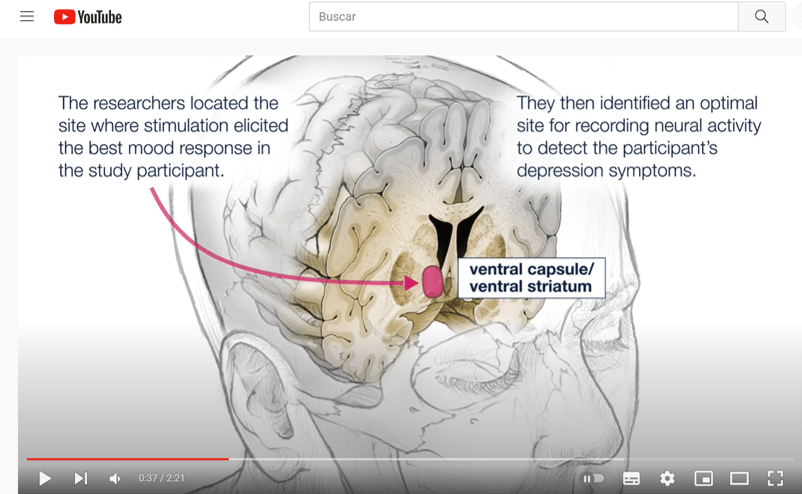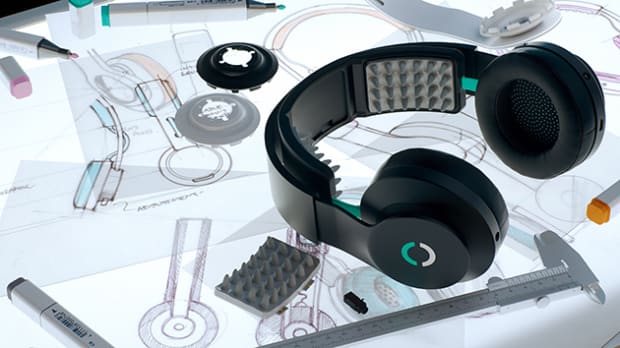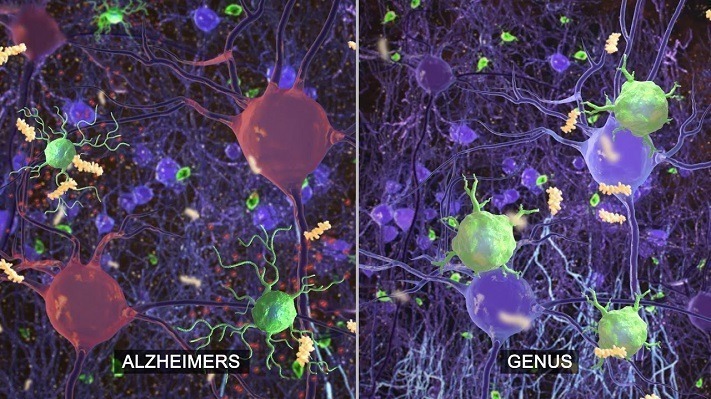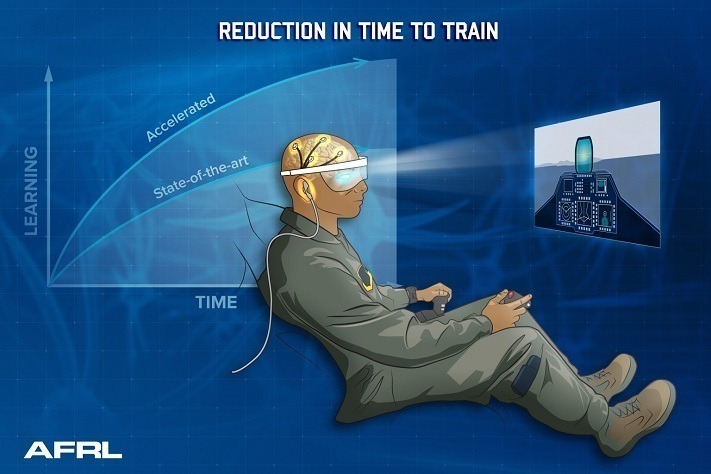Posts Tagged ‘neuromodulation’
On physical activity, neuroplasticity, depression, screen time, neuromodulation and more
Welcome to a new edition of SharpBrains’ e‑newsletter, featuring this time eight scientific reports and industry resources plus a few fun brain teasers. #1. Study finds ultimate hack to protect teen brains from harmful screen time: Exercise (and good role-modeling): “Girls who spent less than an hour on screens and boys who spent less than…
Read MoreStudy: Personalized, closed-loop neuromodulation can (one day) become a “pacemaker for the brain”
Treating Severe Depression with On-Demand Brain Stimulation (UCSF press release): UCSF Health physicians have successfully treated a patient with severe depression by tapping into the specific brain circuit involved in depressive brain patterns and resetting them using the equivalent of a pacemaker for the brain. “This study points the way to a new paradigm that is…
Read MoreNeuromodulation developer Halo Neuroscience closes its doors; Flow Neuroscience acquires assets
Flow acquires brain stimulation technology developer Halo (Medical Device Network): Flow Neuroscience has acquired the assets of brain stimulation technology developer Halo Neuroscience to advance its research into depression and other mental health disorder treatments.
Read MoreNeurostimulation device GammaSense by Cognito Therapeutics secures FDA Breakthrough Device Designation to explore Alzheimer’s Disease applications
Cognito Therapeutics nets FDA breakthrough label for light, sound therapy for Alzheimer’s disease (Fierce Biotech): Using specific frequencies of flashing lights and sounds to stimulate the brain’s electrical activity, Cognito Therapeutics believes it can help treat Alzheimer’s disease by energizing neurons and reactivating the immune system.
Read MoreUpdate: The placebo effect works even when people know they are taking a placebo
Welcome to a new edition of SharpBrains’ e‑newsletter, featuring 14 research findings, resources and tips for brain health … and starting with this fascinating study: #1. Wow. The placebo effect works even when people know they are taking a placebo #2. Beating Alzheimer’s Disease will require a combined physical/ mental approach: From the ten factors found…
Read MoreAir Force announces research platform to harness closed-loop neurotechnology and accelerate learning “on the fly”
Air Force Neurotechnology Partnership Aims to Accelerate Learning (Military Spot): The Individualized Neural Learning System, or iNeuraLS, is a new augmented learning platform that will enable rapid learning by closed-loop modulation of cognitive states during skill acquisition. Essentially, the AFRL team seeks to develop a capability that will give Airmen the ability to rapidly acquire knowledge…
Read More





